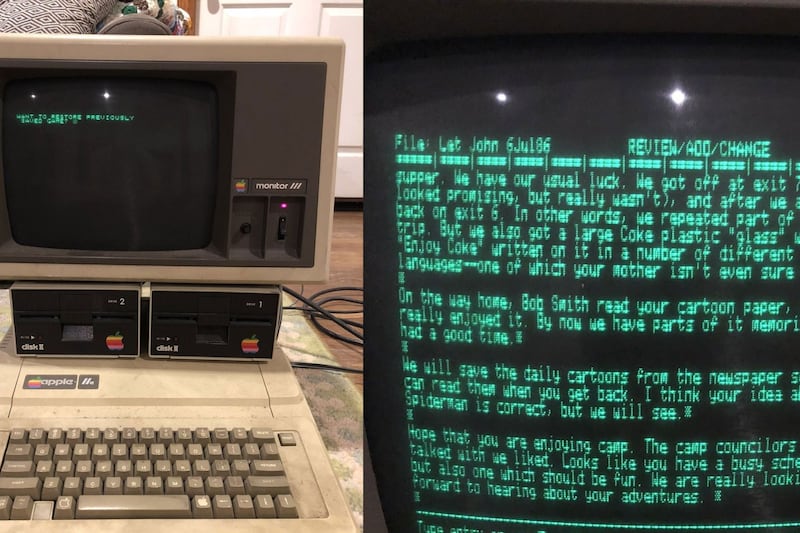PUPILS are being held back due to poor broadband coverage in schools and at home, it has been claimed.
The assembly's education committee chairman said young people in rural areas are being particularly disadvantaged.
Teachers consistently warn that some schools struggle to get adequate internet connections.
Research by the British Educational Suppliers Association last year found that schools were still not achieving their ideal level of broadband connectivity.
Half of pupils had slow broadband or unreliable Wi-Fi, the study found, adding that progress would continue to be slow in achieving the ideal speeds to teach children.
Almost two-thirds of primary schools and more than half of secondary providers said Wi-Fi provision was a major problem.
Now Sinn Fein's Barry McElduff has said pupils in the north are missing out on education opportunities due to slow connections.
Mr McElduff, who is chairman of the education committee at Stormont, said Tyrone and Fermanagh are among the worst affected areas.
Poor coverage, he said, was making it more difficult for those in rural areas to complete coursework.
In an assembly question, Mr McElduff asked minister Peter Weir for his department's assessment of the number of pupils "that are disadvantaged in terms of coursework, revision and homework due to poor broadband coverage at home and in school; and whether he will work with his Executive colleagues to address this deficit".
Responding, Mr Weir said under the current education network contract, which delivers the C2k ICT service, all grant-aided schools have increased bandwidth "thus ensuring that pupils and teachers have access to sufficient broadband capability while they are on school premises regardless of geographical location".
The delivery and quality of broadband coverage to domestic properties, he added, was a matter for the Department of the Economy.
Mr McElduff said: "Completing coursework, conducting research, doing homework - all of this is negatively impacted upon when pupils and students struggle with poor broadband connectivity.
"All of this serves to drive stress levels up within families, all year round, but particularly at exam times. Tackling educational underachievement is the main challenge facing education. There have been improvements in our levels of educational attainment year on year since 2007 but more needs to be done.
"I have no doubt that poor broadband access is a contributory factor in many rural areas. I believe that the Executive needs to set ambitious targets and deadlines for ensuring that people living in rural areas, including my own constituency of West Tyrone, have equal access to proper broadband provision. The best educational interests of our young people demand this."
The north's CCEA examinations board said exam work, including controlled assessments - coursework - would typically not be carried out at home. Research for controlled assessments could be done at home, however.
In addition, only one subject is examined 100 per cent online - Moving Image Arts at GCSE and A-level - but this must be completed at school.
The NASUWT union has previously warned that high prices could limit the ability of schools to acquire a broadband connections that serve the educational needs of their pupils, risking children being left behind.







